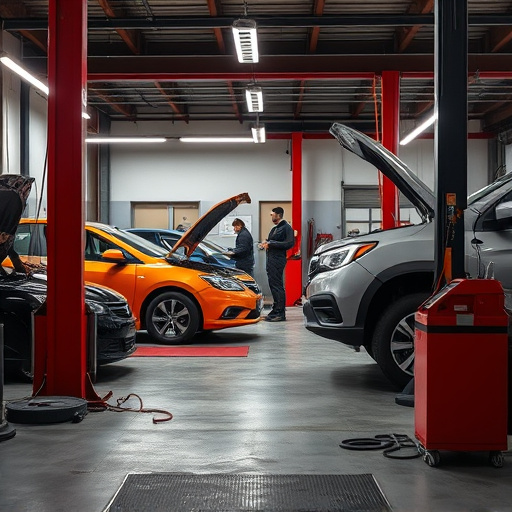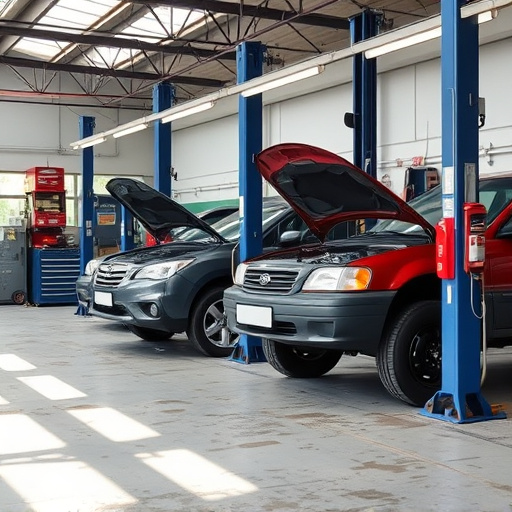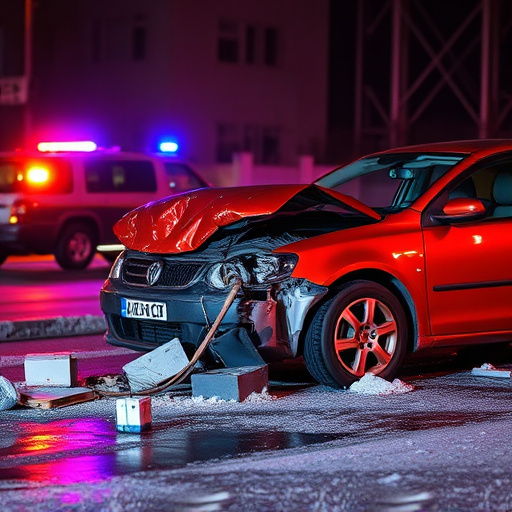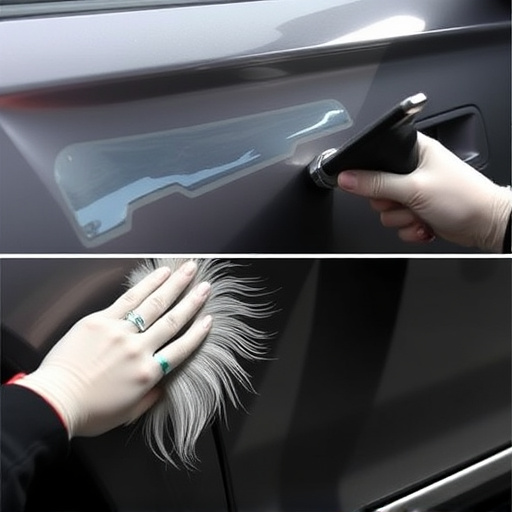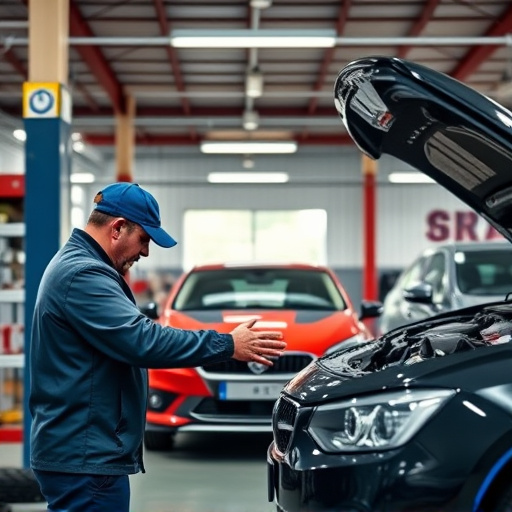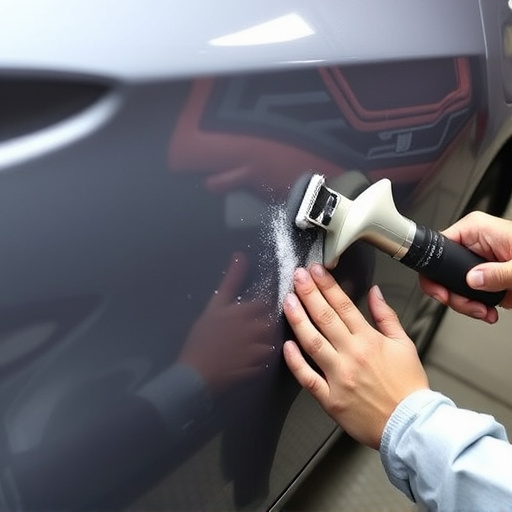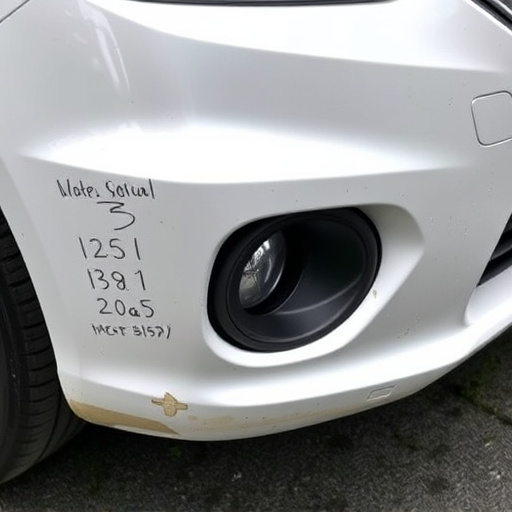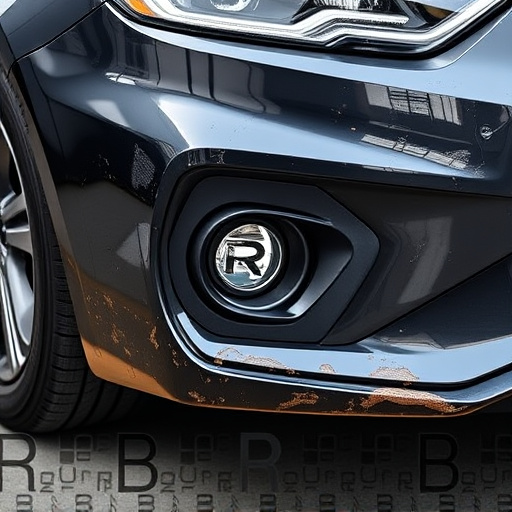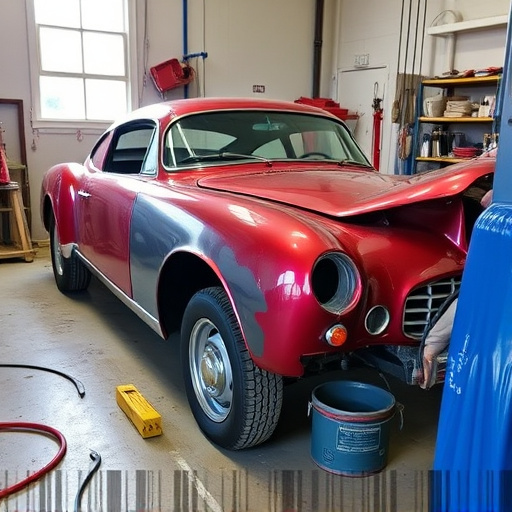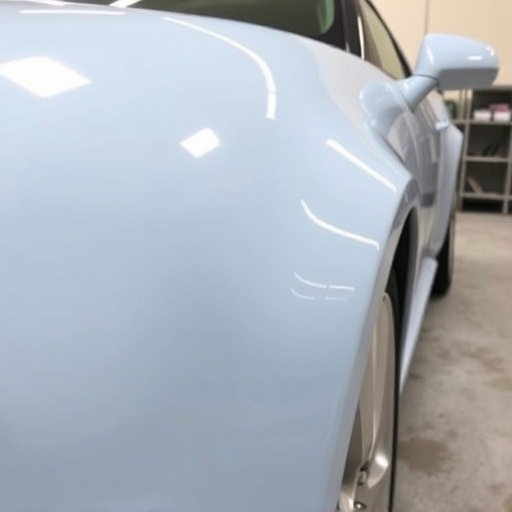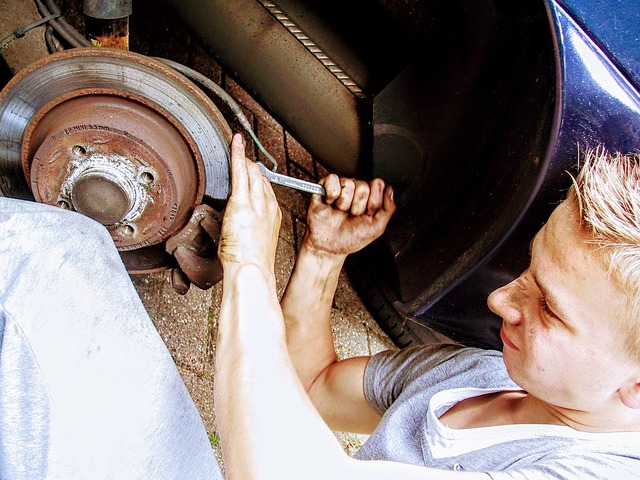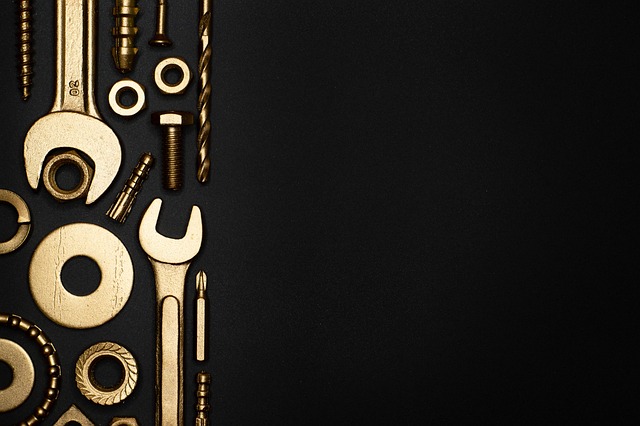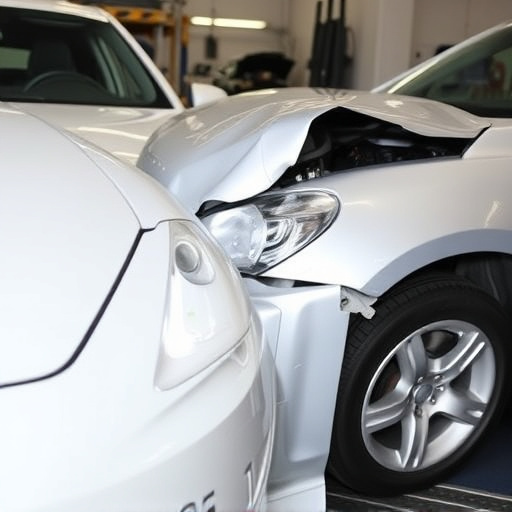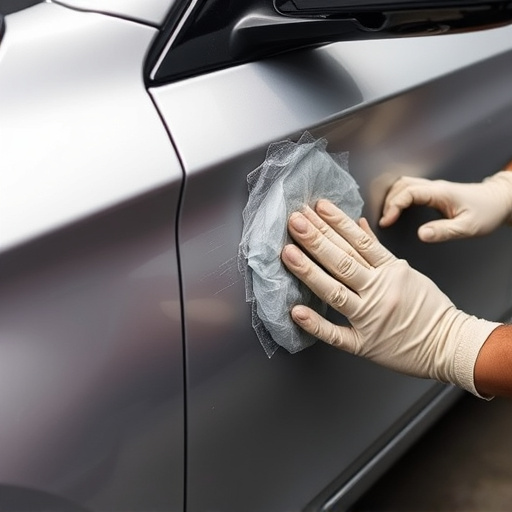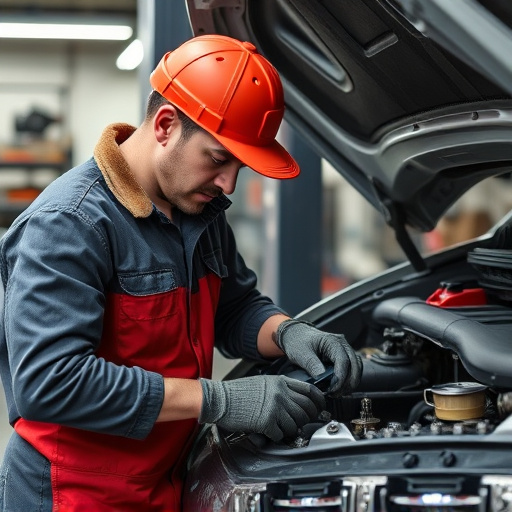Tesla prioritizes safety and durability with rigorously tested Tesla-approved adhesives, ensuring structural integrity in extreme conditions and meeting stringent industry standards for eco-friendly battery packs and motors repairs, contributing to vehicle longevity and reliability, including Mercedes Benz models.
Tesla-approved adhesives are a crucial component in ensuring the safety and durability of electric vehicles. This article delves into the stringent adhesion standards set by Tesla, exploring the key properties that make these adhesives cut above the rest. We uncover the rigorous testing and certification processes that guarantee their performance under extreme conditions. By understanding these advancements, consumers can trust that Tesla-approved adhesives contribute to the overall reliability and longevity of their vehicles.
- Understanding Tesla's Adhesion Standards
- Properties of Tesla-Approved Adhesives
- Testing and Certification Processes
Understanding Tesla's Adhesion Standards
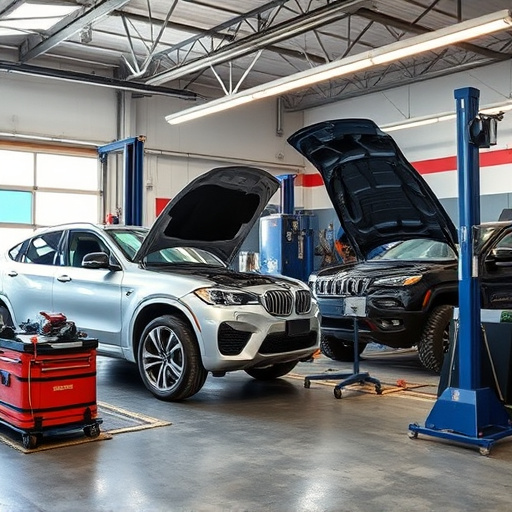
Tesla’s commitment to safety and durability extends beyond its cutting-edge technology; it also encompasses every component that goes into its vehicles, including adhesives. Tesla-approved adhesives are rigorously tested to meet the company’s exacting standards, ensuring they can withstand extreme conditions, from high temperatures and pressure during production to the rigors of daily driving and potential vehicle collisions.
These adhesives play a crucial role in various aspects of car collision repair and scratch repair processes, guaranteeing that repairs not only look flawless but also hold up over time. By adhering to Tesla’s adhesion standards, adhesive manufacturers must prove their products’ effectiveness in bonding materials used in the vehicle’s construction, ensuring structural integrity remains intact even after accidents or extensive wear and tear.
Properties of Tesla-Approved Adhesives
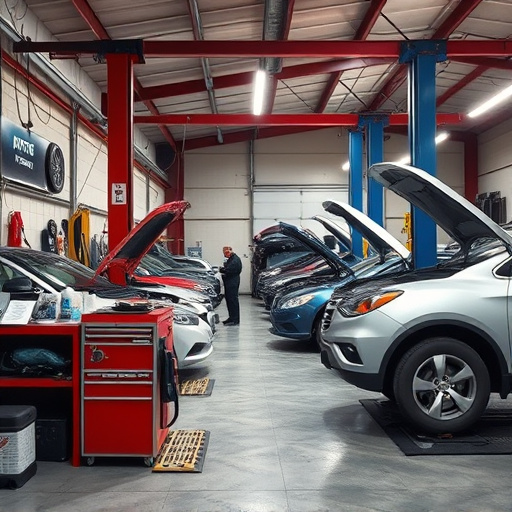
Tesla-approved adhesives are designed to meet the electric car manufacturer’s stringent safety and performance requirements. These adhesives offer exceptional strength and durability, ensuring that they can withstand the rigors of both production and daily use in extreme conditions. The key properties of these adhesives include superior bond strength, resistance to high temperatures and chemical exposure, and excellent weatherability. This is crucial for maintaining the structural integrity of Tesla vehicles, particularly in their sophisticated battery packs and electric motors.
Moreover, Tesla-approved adhesives are formulated with eco-friendly ingredients, aligning with the company’s commitment to sustainability. They also play a vital role in various vehicle restoration and bodywork applications, such as repairing dents or replacing panels, ensuring that the repair process meets Tesla’s high standards for both functionality and aesthetics. This not only guarantees the safety and reliability of the vehicles but also contributes to their long-term durability and resale value.
Testing and Certification Processes

Tesla’s commitment to safety and quality is unwavering, especially when it comes to their vehicles’ structural integrity. To ensure this, Tesla-approved adhesives undergo rigorous testing and certification processes. These adhesives are subjected to extreme conditions, including high temperatures, exposure to chemicals, and intense mechanical stress, mimicking real-world scenarios like vehicle crashes and harsh weather conditions. The testing protocol is so demanding that only a select few adhesive manufacturers can meet Tesla’s stringent standards.
This meticulous approach ensures that every adhesive used in Tesla vehicles provides superior bond strength, longevity, and resistance to degradation, contributing to the overall safety and reliability of collision repair services for Mercedes Benz repairs or any vehicle repair, keeping Tesla owners on the road with peace of mind.
Tesla-approved adhesives represent the pinnacle of safety, durability, and performance for automotive applications. By adhering to Tesla’s rigorous standards, these adhesives ensure structural integrity, longevity, and environmental compatibility. When selecting or specifying adhesives for electric vehicle (EV) assembly, it’s essential to consider products that have undergone thorough testing and certification, ensuring they meet the exacting requirements of both Tesla and the evolving EV industry.
